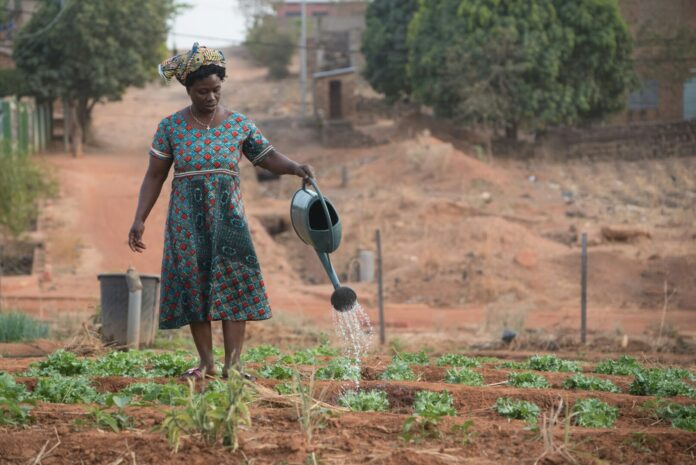Climate change is driving economic losses in developing nations. It’s slowing progress toward the Sustainable Development Goals and worsening threats such as infectious diseases, food insecurity, declining air quality, and mounting strain on health systems.
This is according to a recently published health policy paper by Lancet Countdown Africa, a research collaboration hosted at the University of Pretoria (UP). The paper, aimed at informing African policymakers, outlines how countries on the continent are addressing the growing health impacts of climate change.
It shows that despite contributing the least to global greenhouse gas emissions, African countries face some of the most severe climate-related risks. As negotiators from around the world gather for COP30, this report stresses that protecting health must be at the centre of climate action and development planning. Stronger data systems, equitable climate financing, and evidence-based policies are urgently needed to help African countries adapt and build resilience.
Dr Zakari Ali, Lancet Countdown Africa Fellow, noted that African nations have a strong foundation to build on, despite the scale of the challenge. “The solutions to adapt to the health impacts of climate change in Africa will not come easy, but we are not starting from zero. Now is the time to build new expertise and galvanise pockets of existing data to guide appropriate and effective action to safeguard human health against climate change across Africa.”
In response to these urgent needs on the continent, the Lancet Countdown has launched a new regional Centre in Africa, which was incubated at the Medical Research Council Unit The Gambia (MRCG) at the London School of Hygiene and Tropical Medicine (LSHTM), with funding from Wellcome and is now being hosted by UP’s Future Africa pan-African platform. This Centre will bring together regional experts and institutions to generate locally relevant evidence, track climate-related health indicators, and support African policymakers with robust data to support climate action.
Reflecting on the centre’s mission, Professor Tafadzwa Mabhaudhi, Director of Lancet Countdown Africa, emphasised its role in addressing the continent’s growing needs. “As the health impacts of climate change worsen, affecting millions of lives and livelihoods on the continent, the new Lancet Countdown will assemble eminent experts across the field of climate change and health, and work with partners on the continent and globally to advance evidence and its translation into tangible solutions. The centre will elevate the African voice in global discourse and support the translation of global climate commitments into meaningful solutions that protect health and livelihoods in a changing climate.”
Adding to this perspective, Professor Kris Murray, Lead of Nutrition and Planetary Health at MRCG at LSHTM, highlighted the importance of collaboration. “Advancing knowledge and action on the health impacts of climate change cannot be effectively achieved without bringing together voices, evidence and coordinated responses from all corners of the globe. The establishment of the African Centre is aimed at doing just that – shifting the centre of gravity of climate and health science, policy and dialogue to both improve the global response and ensure the solutions serve populations locally.”








